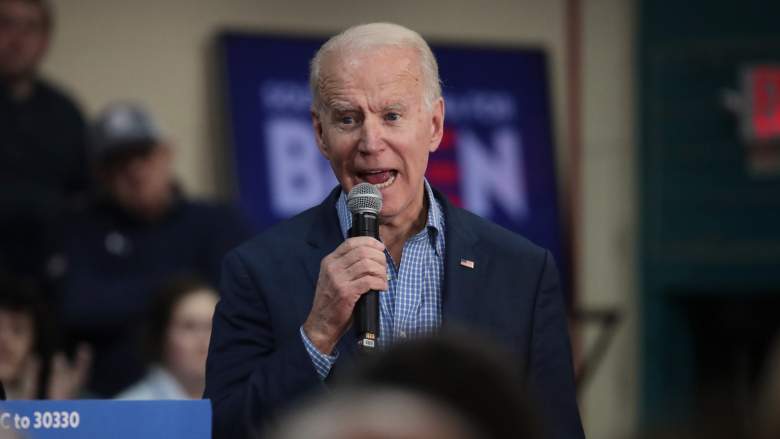
The final “early” state is here, as the Democratic primary race moves to South Carolina.
So far Bernie Sanders’ results have been the story of the campaign. His photo finish with Pete Buttigieg in Iowa, a strong but not dominant win in New Hampshire, and a blowout win in Nevada have put him in the early delegate lead.
While that delights Sanders and his supporters, other factions of the Democratic party aren’t as pleased and are looking for a path to slow, if not stop, his momentum. South Carolina may provide that opportunity to Joe Biden.
After spending much of the run-up to voting in the lead, the former Vice President was left by the wayside as voting began and Michael Bloomberg’s spending in Super Tuesday states took its toll on Biden’s numbers. But after a second-place finish in Nevada, distant as it was, and a generally well-received debate performance in South Carolina on Tuesday, polling is showing signs of a rebound for Biden. That’s accompanied by hope among his supporters a solid win in South Carolina (maybe not as large as was expected a few months ago but more than seemed likely a few weeks ago) will have knock-on effects into Super Tuesday.
Bloomberg meanwhile, whose rise corresponded to Biden’s fall, is suffering from his debate performance.
All this leads to South Carolina (where Bloomberg isn’t on the ballot) which will be unlike any state to date. There have been roughly a combined 580,000 votes cast in the three previous states combined. South Carolina is the largest state to vote yet. In 2016 roughly 370,000 votes were cast in its primary alone. It also has a large African-American population. The state is roughly a quarter African-American, but those individuals make up about 60% of the Democratic primary electorate.
In 2016, South Carolina went heavily to Hillary Clinton over Bernie Sanders 73-36. Given the size of the field, it’s unlikely Biden or any other candidate is going to run up their numbers to Clinton levels but it’s not a state one thinks of as overwhelmingly good for Sanders to continue his run.
The Real Clear Politics average has Biden leading by 12.6% but polling has bounced around quite a bit with a Monmouth University poll showing Biden up by 20% while a poll commissioned for an in-state paper, The Post And Courier, showing him up by only 4 points.
The race, it seems, is volatile to say the least.
Once the votes are counted on Saturday night and a winner declared, attention will turn immediately to the Super Tuesday states.
It’s possible to build a case that four or even five candidates could win one or more states leaving the race in as much of a muddle as before. Sanders will almost certainly win his home state of Vermont and is polling strongly in California (though it will take weeks to know the final outcome there). Biden, especially if he’s coming off a win in South Carolina, could pick up Alabama and Arkansas. Elizabeth Warren will be banking on her home state of Massachusetts, as will Amy Klobuchar in Minnesota. That leaves Bloomberg fighting it out with Biden and Sanders in places like North Carolina, Oklahoma, Texas, and Virginia.
While the focus is on South Carolina and Super Tuesday, it’s worth taking a look ahead at the following Tuesday and some large states up for grabs like Michigan and Ohio. These two rust belt states will be a test for the competing claims by Biden and Sanders that they are best placed to take on Donald Trump to win back working-class white voters that powered him to his 2016 victory.
Supporters, campaigns, and pundits alike are looking for clarity, a sense of direction, of where this primary battle is headed. The voters however will have the final say and they may be in no rush to settle the question. That can make for a longer and more interesting race than we’re used to.
READ NEXT: No, Garth Brooks Didn’t Wear a Bernie Sanders Shirt at a Detroit Gig